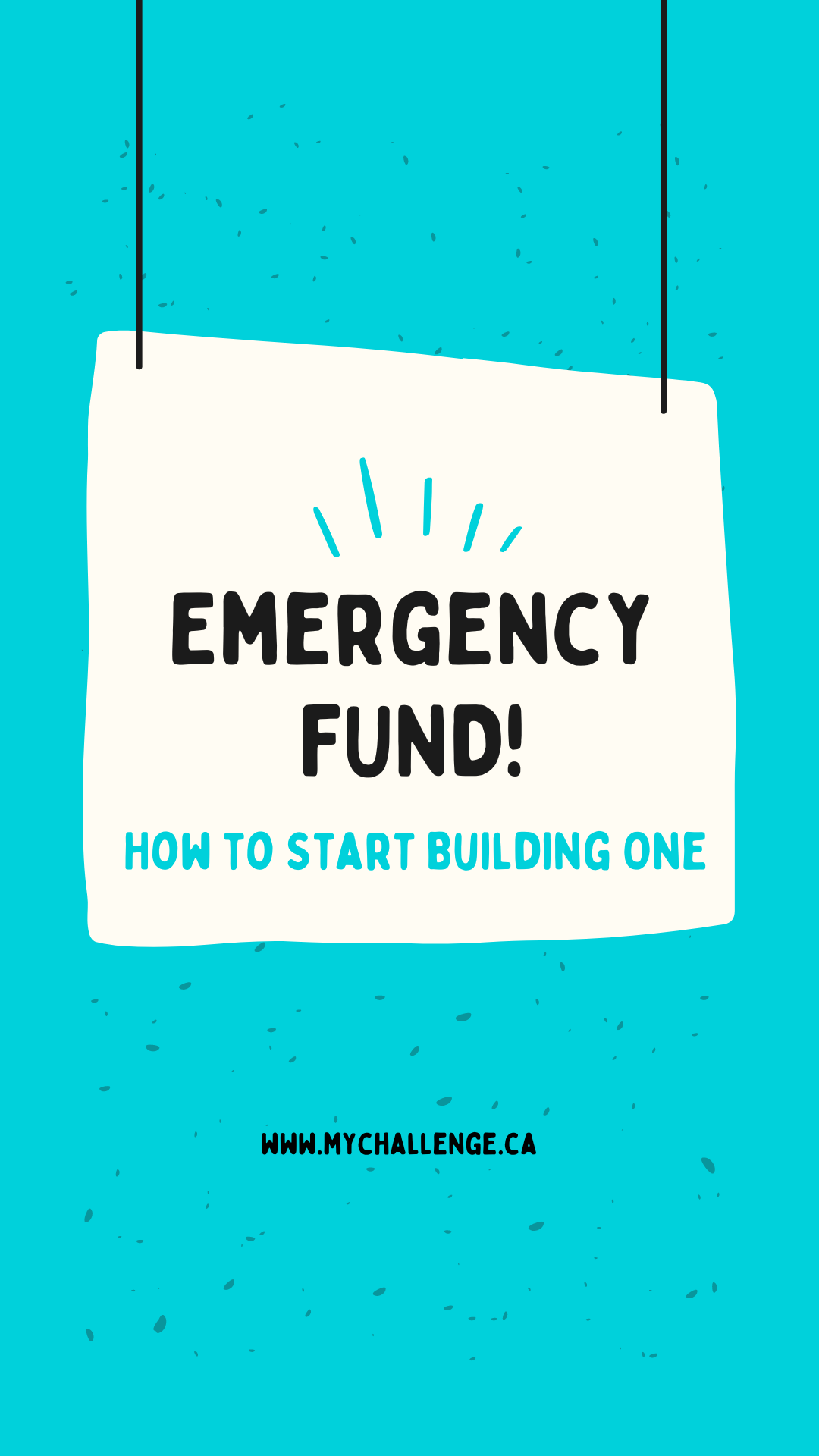Imagine this: One morning you awaken to discover that your car won’t start. You have it hauled to the shop, where the mechanic estimates the repairs will cost $1,000. Where are you going to acquire the cash? Or, even worse, consider quitting your job or experiencing a sudden medical emergency. How would you handle your bill-paying?
These are only a few instances of the need for emergency funds. It’s money set aside for unanticipated life stuff like job loss, medical expenses, auto repairs, or even natural disasters that we call an emergency fund. It is, in essence, a financial safety net that will enable you to weather any storm.
Here are some simple ways that you can start building an emergency fund this year:
- Establish a reasonable goal: Start by calculating the amount you’ll need for your emergency fund. Saving three to six months’ worth of living expenses is commonly advised by financial experts. But, this may change based on your unique situation. Don’t forget to take into account your income, spending, and any other elements that can affect your capacity to save.
- Establish a budget: Setting up a budget is crucial to creating an emergency fund. You can use it to determine where you’re overspending and where you can make savings. Examine your credit card bills and bank accounts to find out where your money is going. Then, alter your spending patterns to generate additional money for your emergency fund.
- Automate your savings: Set up automatic payments from your checking account to your emergency fund to make saving a priority. 2. 3. Even a modest monthly contribution will eventually add up. A savings software that rounds up your purchases and adds the leftover change to your emergency fund is another option.
- Make the most of windfalls: Avoid overspending if you get a bonus, tax refund, or other unanticipated windfall. Spend money on your emergency fund instead. Even if it’s not the most thrilling use of your money, it will ultimately provide you peace of mind.
- Evaluate and adjust: Periodically assess your emergency fund and make any adjustments to your savings strategy. You could need to save more or less depending on how your costs develop or how much money you make.
Although it may not be the most thrilling endeavour, creating an emergency fund is crucial for long-term financial stability. By doing these actions, you may begin saving for emergencies this year and take pleasure in the peace of mind that comes from knowing you’re ready for anything life may throw at you.
How much money do you need in an emergency fund?

